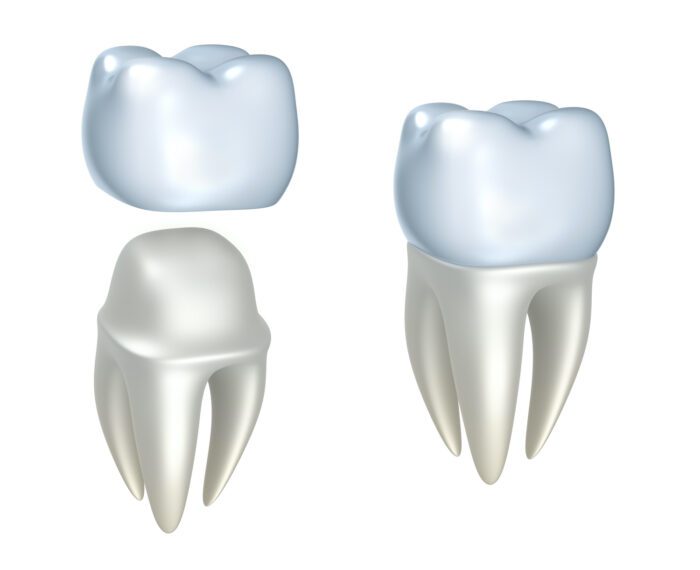Many dental problems could be treated with a variety of procedures. Several restorative and cosmetic treatment options tend to overlap in terms of the issues they can help with. However, there may be times when you specifically need a dental crown in Rockland County, NY. Crowns are often recommended for their high level of protection for your natural teeth. While some treatments may be able to help in certain cases, your dentist may still recommend a dental crown to help improve your oral health.

When is a Dental Crown in Rockland County, NY, Necessary
Although alternate treatment may be available in some instances, there are certain conditions when a dental crown is necessary. While other treatments may be available, they are often only temporary solutions. Dental crowns typically provide the best protection for your teeth for up to fifteen years as long as you care for them properly. Times you may need a dental crown include excessive decay or damage, single dental implants, and root canals.
Excessive Decay and Damage
When you have decay or damage, there are often a number of restorative and even cosmetic treatments that could help. However, excessive decay or widespread damage may need a dental crown. Dental crowns are essential caps that fit over your tooth to provide full-scale protection. By covering most of the tooth’s surface, a dental crown could help treat deep decay and large fractures.
Single Dental Implant Restoration
If you’re missing a single tooth, your dentist may recommend getting a single dental implant. Implants can often provide more benefits than other restoration options, such as improved jaw strength and stability. If you do get an implant, you’ll most likely need a dental crown restoration. The implant itself only works to mimic the natural root structure of your tooth. Adding a restoration, such as a crown, helps complete the restoration of your bite and smile.
Root Canals
If you have a deep infection in the inner root of your tooth, a root canal may be necessary. As the inner pulp becomes infected, it tends to swell. This often leads to intense pain, sensitivity, and discomfort. To alleviate symptoms and prevent the infection from spreading, your dentist will need to extract the pulp. To do this, they need to drill a small hole in your tooth to fit the extraction tools. If left untreated, this could lead to further complications. To provide full protection for your tooth, your dentist will coordinate your treatment to get a dental crown placed as soon as possible after a root canal.
At Cosmetic Dentistry Associates, we strive to provide high-quality preventative and restorative treatment to our patients. In many cases, we may recommend a dental crown to help protect your teeth and improve your oral health. Call us today at 845) 241-0656 to schedule a consultation and learn more about the dental crown process.
